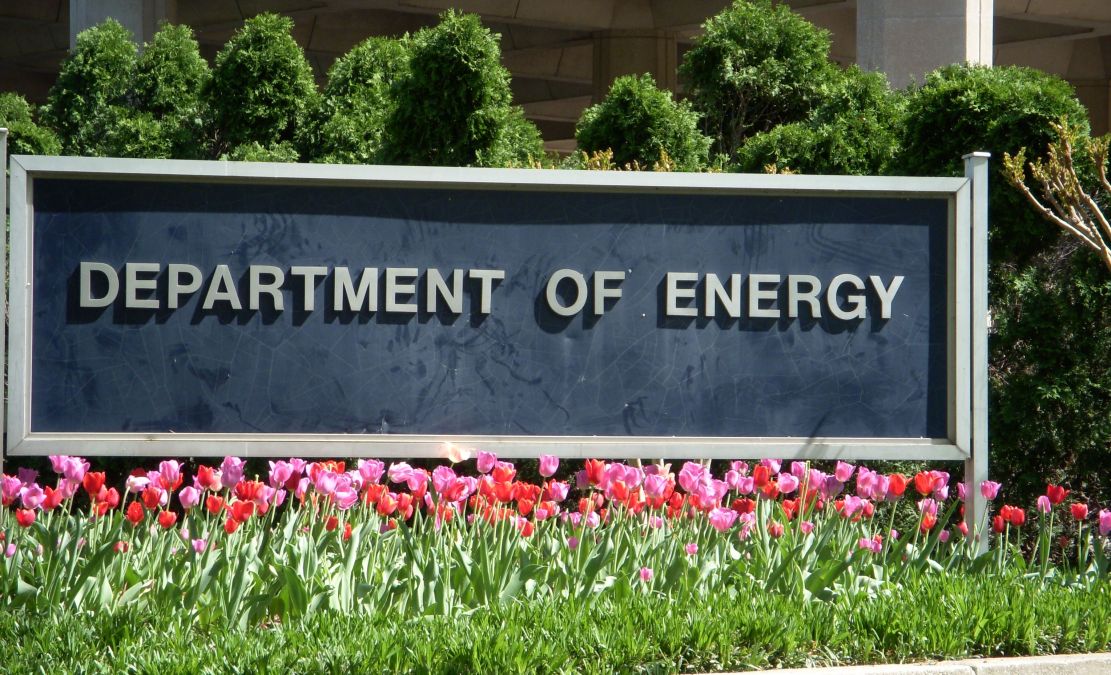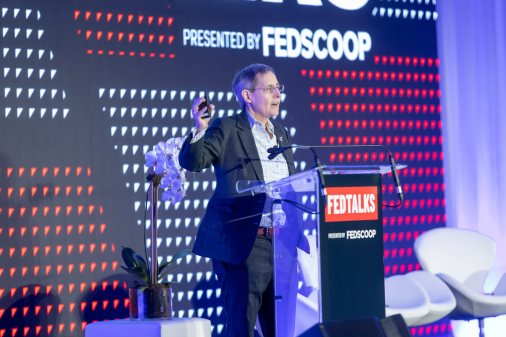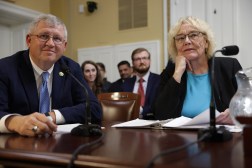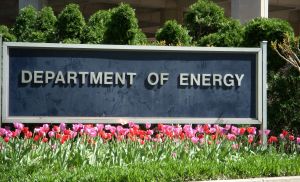Quantum industry partnerships key to power grid optimization: DOE official

The Department of Energy (DOE) needs more public-private partnerships if it hopes to advance quantum information science (QIS) to the point where it can optimize the U.S. power grid, said commercialization executive Rima Kasia Oueid.
Kasia Oueid’s Office of Technology Transitions was created by Congress in 2015 and tasked with expanding the commercial impact of DOE’s research and development portfolio, and that includes accelerating adoption of quantum computing.
Increased energy consumption across the U.S. has pushed the DOE, through its National Laboratories, and industry partners, to develop new quantum computing technologies. It is hoped that such technology will help the country adapt to ever-changing energy demands and renewable energy sources.
“There’s been growing interest in the energy sector around combinatorial optimization, particularly for management of the grid for example,” Kasia Oueid said, speaking at ACT-IAC’s Emerging Technology and Innovation Conference on Tuesday.
“Quantum-based optimization algorithms could be combined with classical, or at least verified through classical means, and could provide us some degree of comfort earlier in the algorithm development space when applied to these optimization-type use cases.”
Both Oak Ridge and Los Alamos national laboratories use D-Wave System’s 2000Q quantum annealing computer for solving combinatorial optimization problems facing utility grids, electric vehicles, supply chains and risk assessments.
Solving quantum encryption over long distances could help different utilities to integrate energy flow across facilities and devices, while keeping electric grid communications safe from cyberattacks.
Experts say that developing quantum cryptography in tandem with the latest generation of supercomputers is necessary to guarantee U.S. national security.
Quantum-safe cryptography efforts are “well underway” developing algorithms that IT companies will ultimately sell in packages integrating them into the internet, said Carl Williams, deputy director of the Physical Measurement Laboratory at the National Institute of Standards and Technology.
China is also investing in quantum key distribution (QKD) for encryption, which could pose a threat to U.S. national security if they alone harnessed the technology.
“We don’t know what we don’t know about the benefits that could come along from working on that technology,” Kasia Oueid said.
DOE has spent more then $1 billion on QIS the last couple years, banking on fact that even a two-time increase in computing speeds could provide a significant market advantage.
And while all the major players like IBM, Microsoft, Google and Honeywell are in the quantum space, so too are an “amazing” amount of startups like Rigetti Computing, Zapata Computing and QC Ware, Williams said.
“We were the first to Mars, but China already has a rover up there so now they’re second to Mars,” said Gabe Chang, quantum ambassador at IBM. “So understanding our environment, the awareness, understanding quantum areas for development [is key].”
The National Quantum Initiative Act of 2018 required NIST to establish a consortium for quantum economic development to build out the supply chain, which remains in its infancy.
That supply chain will be global in nature because the U.S. simply won’t be a leader in developing all the components necessary for quantum computers.
“We will not end up owning all the key technologies necessary to build these kind of devices,” Williams said.
Quantum computers remain “noisy, intermediate-scale” systems that are not yet error correctable and will take another decade to perfect, Williams added. Quantum networks are even farther out because components technology from memory to repeaters that is required.
Optimizing the electric grid isn’t DOE’s only reason for investing heavily in quantum computing.
The Office of Science has a funding opportunity announcement out for researchers to build apps using quantum algorithms to solve self-fusion, while the Office of Energy Efficiency and Renewable Energy thinks quantum-enable AI could optimize manufacturing processes.
“All of them have interest in quantum for different reasons,” Kasia Oueid said.






